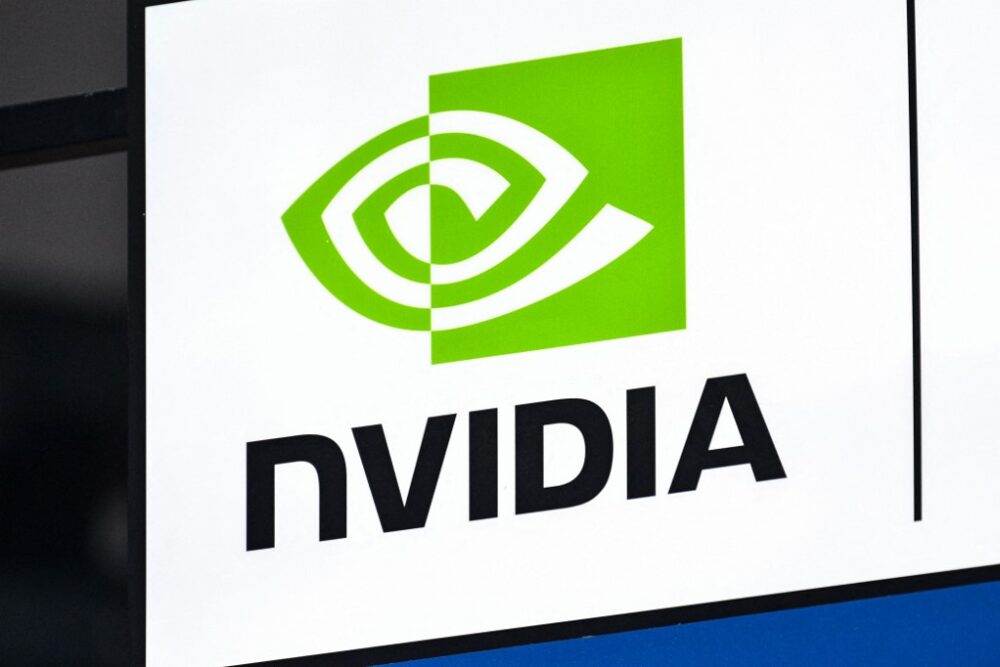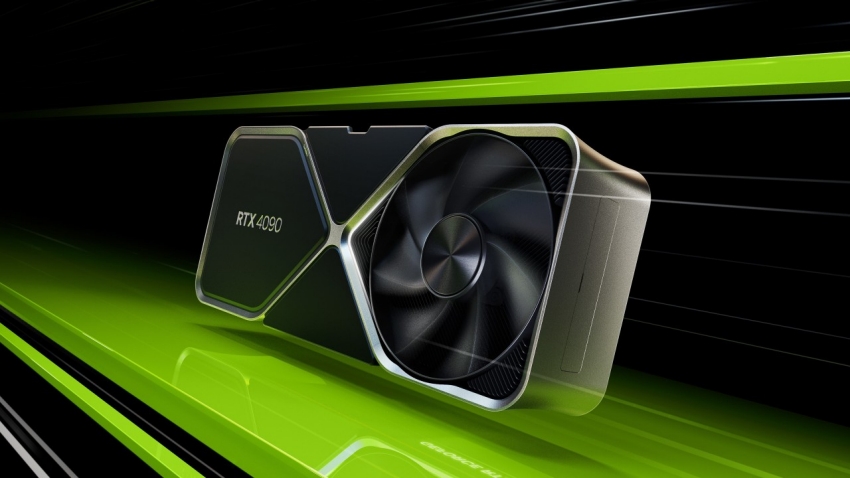American technology companies Nvidia and AMD have reached an agreement with the US government under which they will hand over 15% of the revenue generated from the sale of their AI chips in the Chinese market. This financial commitment has secured them permission to continue exporting to China, despite previous bans and geopolitical tensions.
As part of the agreement, Nvidia will cede a portion of the revenue from sales of the H20 model to the US administration, while AMD will do the same for the MI308 chip. Both products were specifically developed to meet strict regulations that were introduced in 2023 by the then Biden administration, concerned about the potential military application of AI technology in China.

Although the US authorities have not yet announced specific plans for the use of the collected funds, analysts point out that this agreement sets a precedent in the relations between technology giants and the state. Susannah Streeter of Hargreaves Lansdown commented that this is another case of leading corporations agreeing to unusual conditions in order to maintain access to key international markets.
Nvidia has already felt the effects of previous restrictions – its first-quarter revenue fell by $2.5 billion, due in part to the blockade of H20 chips in China. Despite the loss, the company believes that adopting a new business model is profitable given the potential of the Chinese market, which continues to develop rapidly in the artificial intelligence sector.
Interestingly, US authorities just last week began issuing export licenses for Nvidia chips again, marking a change in the new leadership’s approach to technology exchanges with China. At the same time, the Trump administration is increasing pressure on corporations to keep more production and investment within the US, which shows how much trade rules have become part of a broader political strategy.

